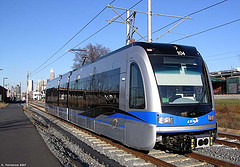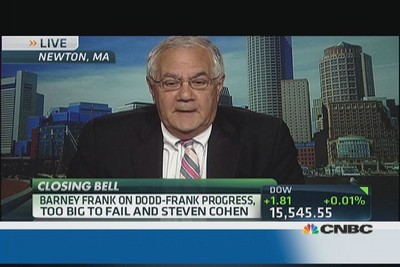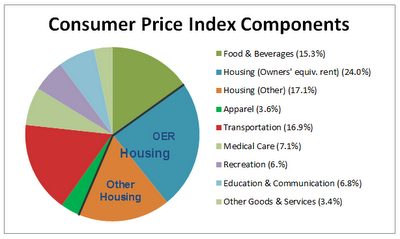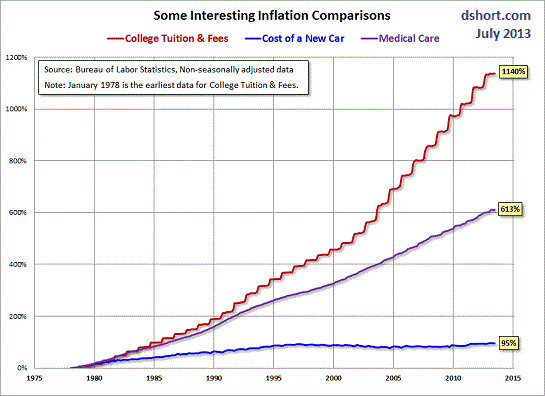WHO FUNDS UN AGENDA 21/SUSTAINABLE DEVELOPMENT?
Growing Smart Legislative Guidebook Model Statues for Planning and the Management of Change was funded by grants from the US Department of Housing and Urban Development (the lead federal agency); Federal Highway Administration (US Department of Transportation); US Environmental Protection Agency; the Federal Transit Administration (DOT); the Rural Economic and Community Development Administration (US Department of Agriculture). All of these agencies were members of the President's Council on Sustainable Development which ran from 1993-1999.
Private funders included the Siemens Corporation; Henry M. Jackson Foundation; Annie E. Casey Foundation; and the American Planning Association. These private organizations promote smart growth.
Siemens, for instance, benefits from the development of the 'smart grid' and is a key private for-profit corporation for solar, biomass, and other subsidized power generation. This huge multi-national corporation is involved in health care, building systems, financing, communications and more. Siemens USA has revenue of over $20 Billion. They also just appointed Michael Kruklinski Head of Siemens Real Estate for the Americas. In this role he'll oversee all operations for Siemens Real Estate in the U.S. He also is on the NEW YORK CITY REGIONAL PLAN ASSOCIATION BOARD. Siemens is a German company that was nearly bankrupt until Hitler generously supplied free slave labor and money for technological development. http://www.usa.siemens.com/answers/en/
The Henry M. 'Scoop' Jackson (he sponsored the legislation to create the EPA) Foundation is a major grant funder. Their involvement on an international scale is detailed here:
The Foundation seeks to leverage its influence and effectiveness by convening and participating actively in groups of like-minded funders to discuss topics of mutual interest. Examples of funder partners or networks follow:
International Human Rights Funders Group
The Jackson Foundation is a founding member and former steering committee member of the International Human Rights Funders Group (IHRFG), an association of grantmakers dedicated to supporting efforts to protect human rights on both national and international scales. Members meet at least twice yearly to discuss issues of common concern in human rights philanthropy and reach out to potential funders to attract greater dollars to the human rights field. IHRFG also seeks to inform public policy on a national level. (text in italics is directly from the Jackson Foundation website--take a look at the funders)
The Funders' Network for Smart Growth
The Jackson Foundation is a founding member of the Funders' Network for Smart Growth and Livable Communities, a coalition that seeks to strengthen and expand philanthropic leadership and grantmaking that improves communities through better development decisions and growth policies. It brings together foundations, nonprofit organizations and other partners to address a range of environmental, social, and economic problems. (Text in italics is from The Funders' Network for Smart Growth website)
The Funders Network membership list is vast. Annie E. Casey Foundation is just one of many members. Read the membership list here: http://www.fundersnetwork.org/connect
We suggest that you look carefully at the members of the Funders' Network for Smart Growth and Livable Communities to see where the UN Agenda 21/Sustainable Development money trail leads. Money and power flow back and forth along these channels. Enterprise Community Development and LISC, for example, are on the list. They are for-profit affordable housing developers who benefit hugely from subsidies in smart growth and redevelopment (urban renewal) zones. Wal-Mart is a partner. The Orton Family Foundation is a partner. You'll find over 100 foundations and corporations on the list. Take a look. and look at this too, as an example of who funds the Smart Growth conferences.
On the issue of devaluation of property through regulatory means, we find it reprehensible that counties and cities recognize that development rights have value when they're being purchased in conservation easements, but they have no value when they're being taken away through regulations. You won't find many General or Comprehensive Plans that don't embed sustainable communities strategies in their elements. Most states require it by law through their legislation. These policies fund and support UN Agenda 21/Sustainable Development.
More and more non-profit organizations are being created, fragmenting from others, spinning off and creating more non-profits. Funding comes from state and federal grants, from your taxes and fees, private grants, donations (tax write-offs), and from lawsuits. You'll find the League of Women Voters advocating for Smart Growth. The Lung Association lobbies for Smart Growth. The National Association of Realtors advocates for Smart Growth. The Chamber of Commerce does too. So does the AFL-CIO. Are your dues or professional fees paying for UN Agenda 21/Sustainable Development. Are you volunteering for a group supporting UN Agenda 21/Sustainable Development?
SPEAK OUT. REFUSE TO PAY OR PAY UNDER PROTEST, AND TELL THE MEMBERSHIP WHY YOU ARE TAKING ACTION.
Here's a light rail train made by ....Siemens. Trains to nowhere that take decades longer than planned to build. You vote for a 1/2 cent sales tax and then you pay and pay and pay.






